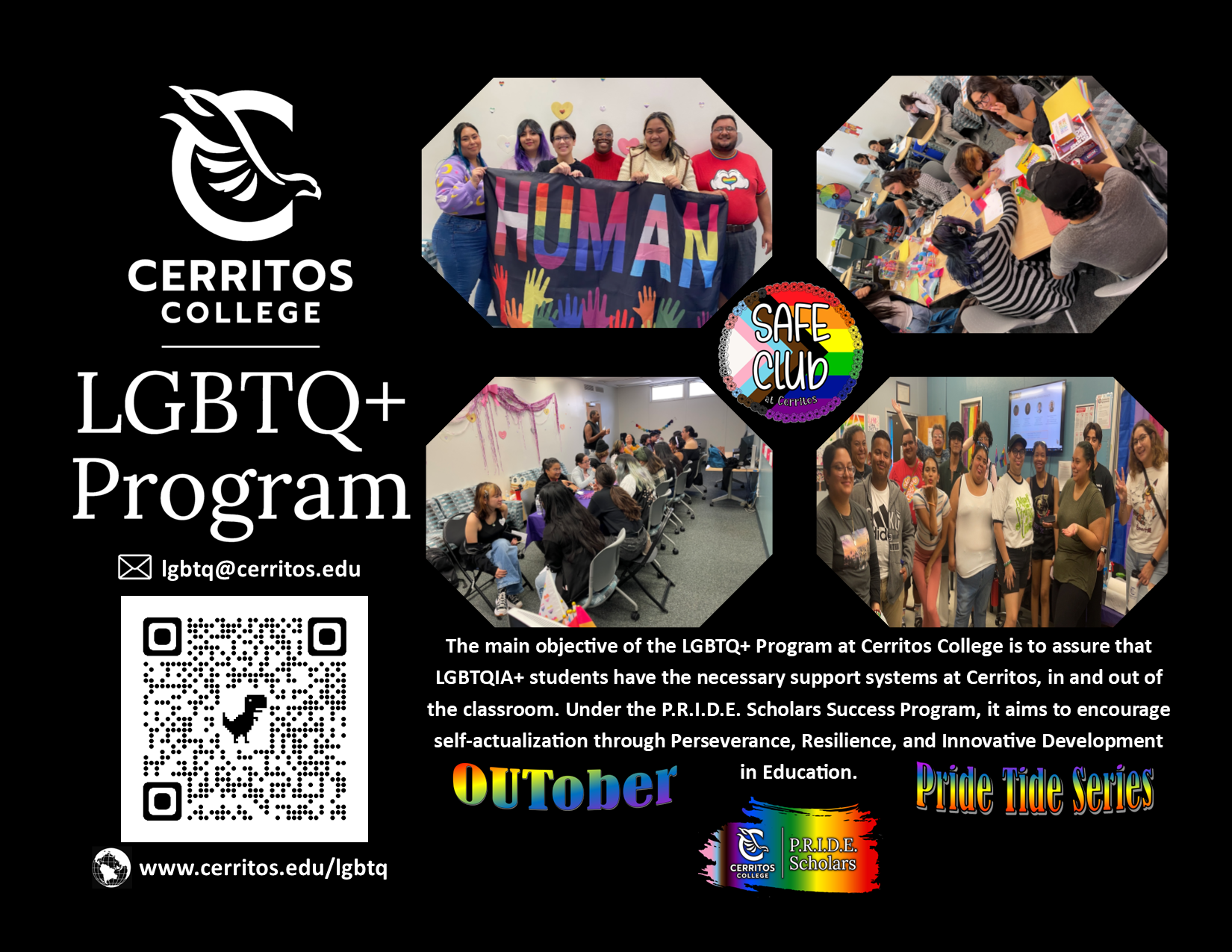As more and more Americans fail to maintain a healthy diet, we are seeing the number of health problems escalate at an alarming rate. With the healthcare reform being one of the hottest topics today, we are left wondering just how much of our choices are linked to the status of our health.
The average life expectancy in America is 78 years. The average life expectancy in other countries like Canada and the UK? A lot higher than ours.
It’s terrifying that the typical American spends more money on healthcare, than food. It seems we’ve forgotten the basics when it comes to living a healthy life. The result of spending less money on food, is spending more money on healthcare to treat preventable chronic diseases.
It’s become too common to spend a small amount of money on fast food, rather than invest a little more cash to buy lean meats, fruits and vegetables. We’re all taught about the importance of eating healthy at a young age, and yet we find ourselves weakening our immune systems with food that doesn’t benefit us in any way.
Most diseases like obesity, Type 2 diabetes and even certain cancers are linked to poor diets. And while most of us know better, why do we continue to treat our bodies the way we do?
It usually isn’t until we get diagnosed with an illness that we start thinking twice about what we put in our bodies. But with all of the knowledge we have about how unhealthy fast food and sugary drinks can be, why can’t we take preventable measure to avoid visiting the doctor?
I used to believe in the saying “An apple a day keeps the doctor away.” Today, that saying has evolved into “An apple a day, keeps the bill collectors away.” Because with the less time and money we are spending on food, we are spending more and more time and cash on visiting our doctors.
The bottom line is that our immune systems cannot fight off diseases, if it is not properly cared for. Burgers, fries and beer simply don’t have what it takes to fight off diabetes and other illnesses. Although they taste amazing, and satisfy our hunger, they are putting our bodies at risk for trouble in the years to come. As Jack LaLanne says “If man made it, don’t eat it.”
According to the Centers for Disease Control and Prevention, 75% of Americans are obese or overweight. America has the reputation for being known as the country with the most overweight people. If other countries can see what we are doing to ourselves, why can’t we?
Probably one of the biggest excuses for not eating healthy is that foods like vegetables and whole grain products are too expensive. The cost of things like broccoli and brown rice are always growing. Healthy meats like turkey and salmon can also cost more than a charbroiled burger.
However, wouldn’t it make sense to use your fast food money, to buy more healthy groceries for your kitchen? The end result would be spending less cash on doctor visits, and expensive medications to control things like high blood pressure or high levels of blood sugar. Or better yet, never having to deal with preventable diseases in the first place.
Preparing food at home to take with you to school or work isn’t too hard to do. It’s understandable why so many of us rely on junk food and sugary beverages to get us through our day. The majority of us are very busy, have families to feed, and barely have time to shop for groceries. But change doesn’t have to be as dramatic and complicated as you think. It all involves taking baby steps to change your lifestyle, and manage your time a little better. In the end, not only will you feel better, you’ll most likely be able to spare yourself from the time and trouble of having to deal with our current healthcare system.
Story continues below advertisement










